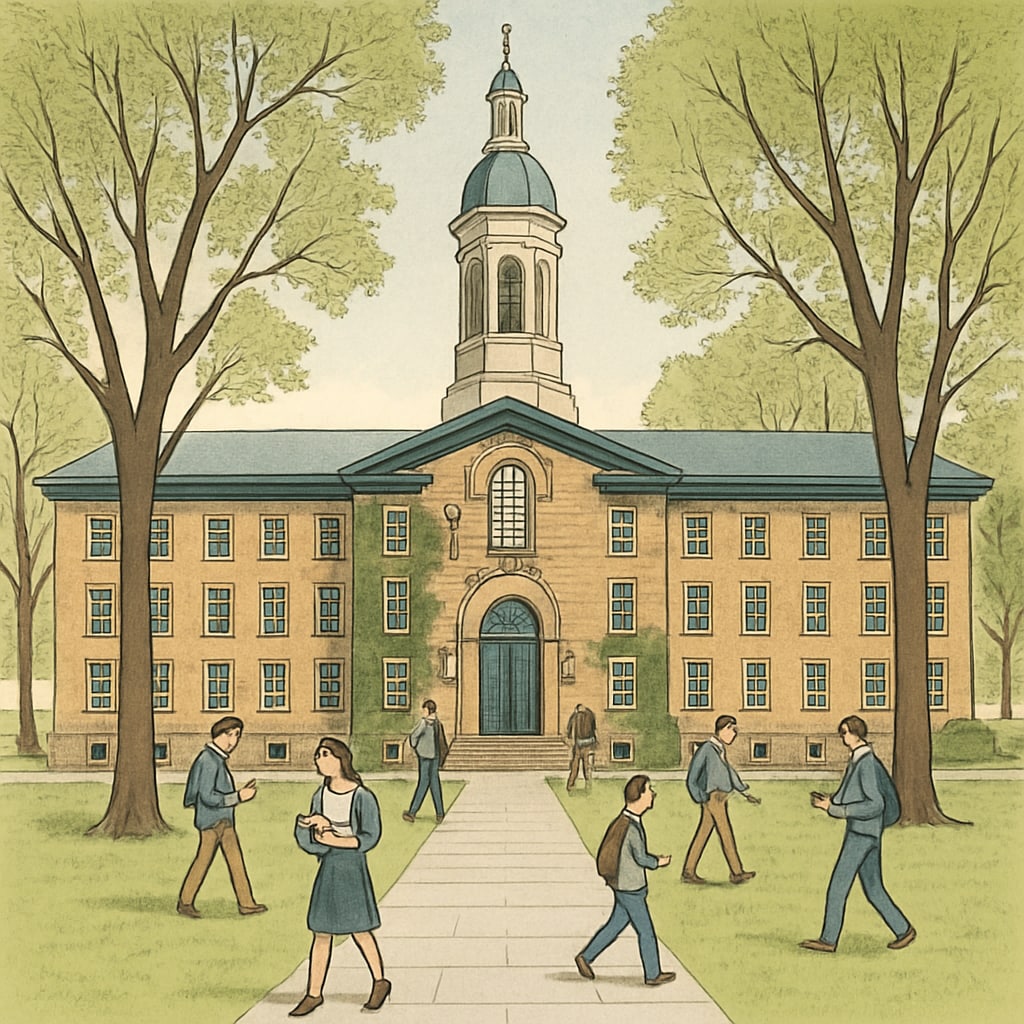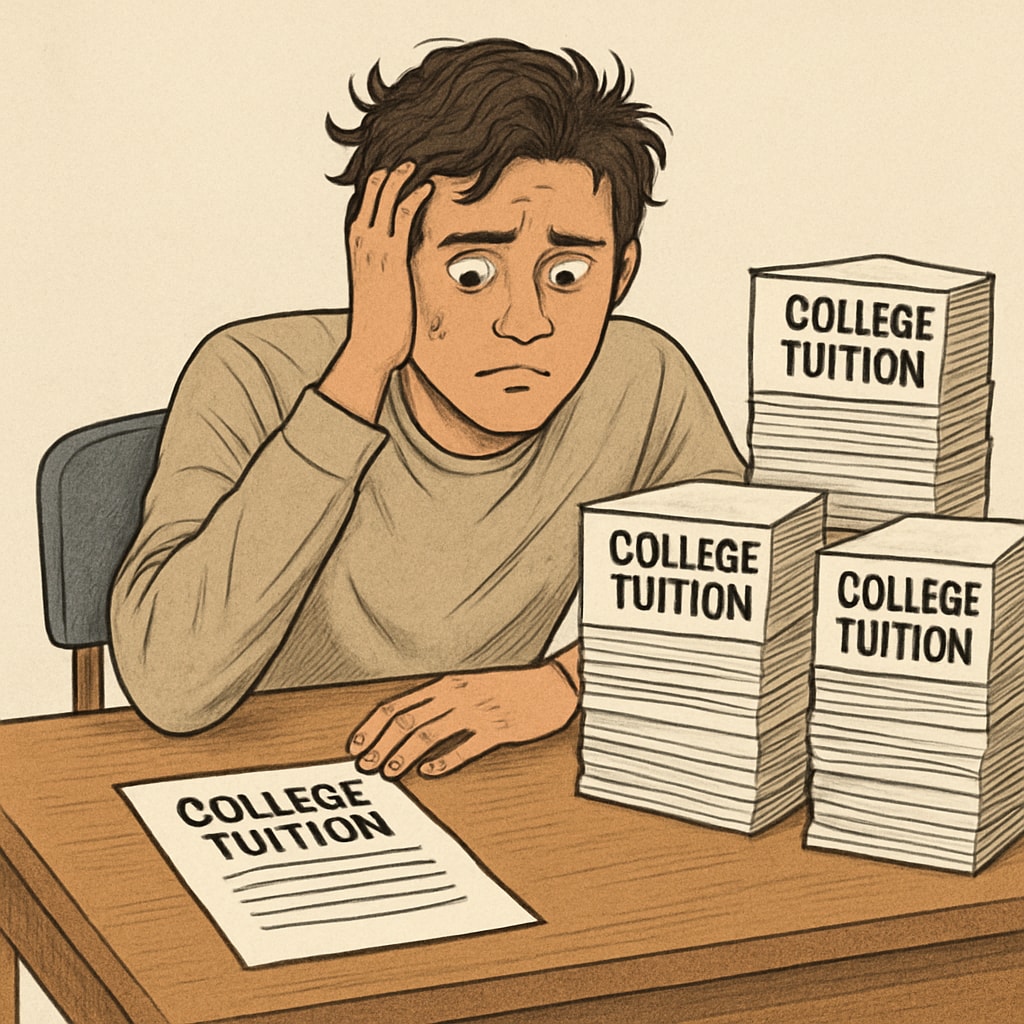Princeton and other Ivy League schools are often celebrated as the pinnacle of higher education, but are we overrating their actual value? The prestige surrounding these institutions, often fueled by selective admissions and historical prominence, leads society to elevate them to near-mythical status. However, this article questions whether the educational value, financial costs, and post-graduation returns of Ivy League schools truly justify their reputation.

Are Ivy League Schools Worth Their Reputation?
The Ivy League, consisting of eight elite schools like Princeton, Harvard, and Yale, has long been synonymous with academic excellence and success. The allure of these institutions is largely based on exclusivity, as their low acceptance rates make admission seem like a golden ticket to lifelong success. Yet, critics argue that this exclusivity may not necessarily equate to superior education or career outcomes.
For example, the Ivy League on Wikipedia notes the significant role these schools have played in shaping academia and leadership. However, studies from organizations such as Britannica suggest that attending an Ivy League institution may not always guarantee a better future compared to other high-caliber, non-Ivy universities.
While Ivy League graduates often boast higher starting salaries, much of this can be attributed to their career networks rather than the intrinsic value of their education. Other universities, including public institutions, also offer rigorous programs and similarly impressive career outcomes, often at a fraction of the cost.
The Hidden Costs of Prestige
One of the major drawbacks of attending an Ivy League school is the financial burden. Tuition fees at Princeton, for instance, regularly exceed $50,000 per year, excluding additional costs like housing and textbooks. While financial aid programs are available, many students still graduate with significant debt.
Furthermore, the pressure to succeed within such competitive environments can take a toll on students’ mental health. A culture of perfectionism often permeates Ivy League campuses, which can exacerbate stress and anxiety. This raises the question: Is the prestige of an Ivy League education worth the personal and financial sacrifices?

Reevaluating the Value of Education
As society continues to prioritize Ivy League schools, it’s essential to recalibrate how we evaluate the quality of education. While these institutions undeniably offer world-class resources and opportunities, their value should be weighed against their cost and accessibility.
For parents and students navigating the K12 educational journey, focusing on developing critical thinking, creativity, and adaptability may yield better long-term results than striving solely for Ivy League admission. Additionally, exploring other prestigious colleges and universities outside the Ivy League may provide comparable benefits without the intimidating price tag or emotional strain.
In conclusion, while Princeton and its Ivy League peers remain iconic symbols of educational excellence, the societal tendency to overvalue their prestige should be reconsidered. By broadening our perspectives on what constitutes a worthwhile education, we can better align our goals with the diverse opportunities available in the educational landscape.
Readability guidance: This article uses short paragraphs, avoids excessive jargon, and maintains an active voice to ensure accessibility for a broad audience. Lists and external links provide additional context for readers seeking further information.


